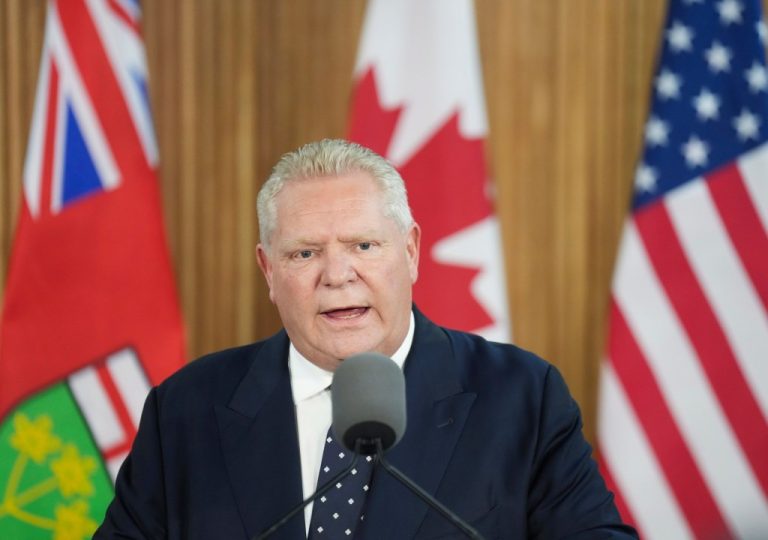
Experts have suggested what “the most important document” is when inheritance tax planning and how it is the key to securing financial security for one’s family once they pass.
Many people do not think about writing a Will until later in life, however, those with children and grandchildren should do this as soon as possible as it could save them thousands.
Free Wills Month happens every October and March, allowing those aged 55 and over to get a solicitor-drafted (or updated) Will for free, in hopes Britons will leave something to charity.
To take part, Britons must arrange a slot by Tuesday, October 31 (though the appointment itself can take place beyond October).
If someone does not make a Will, then their estate will be distributed according to the rules of intestacy and may be liable to inheritance tax (IHT) that could otherwise be avoided.
Jeannie Boyle, chartered financial planner at EQ Investors spoke about the importance of having a Will.
She urged Britons to “do it now” and said: “A Will is the most important document to have in your estate plan. Having a Will is particularly important if you cohabit but are not married or in a civil partnership.
“Transfers between married couples and civil partners are not usually subject to inheritance tax (IHT), so if the first partner to die leaves their entire estate to the other, no tax will be payable.”
Millions of Britons do not have a will in place according to a life insurance company, which has called for adults to not leave the ‘huge burden’ of estate planning on loved ones.
New research from Canada Life revealed A third of Britons who are aged 55 or over have not yet made a Will and many have no intention of getting one done.
The findings are released during free wills month in October, during which many charities and organisations offer a free will writing service to the public.
Many couples forget that under the current succession laws in England and Wales, a cohabitee has no automatic rights under the intestacy rules so a valid will is essential to make sure assets pass to the surviving partner as you would want them to.
For single parents with small children, a Will is also an “invaluable tool” for ensuring that those children are taken care of by the people they have trust to look after them.
Without these provisions in a Will, it’s possible the Courts may decide who should have parental responsibility.
It’s commonly assumed that Wills are automatically ‘nullified’ on divorce. This isn’t the case, however.
Britons are encouraged to make sure to review their Will every couple of years as routine, but also if they go through a big life change such as a divorce. If they don’t, this can obviously cause problems much later down the line.






